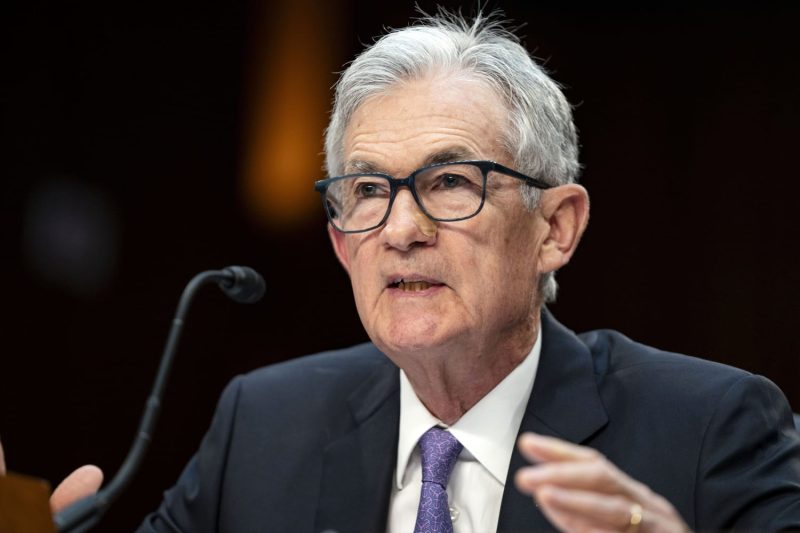Federal Reserve Chair Powell recently delivered a speech highlighting the potential risks of maintaining high interest rates for an extended period. Powell’s remarks come amidst growing concerns about the impact of monetary policy on economic growth and stability. While the Federal Reserve has been gradually raising interest rates in recent years to curb inflation and foster a more sustainable economic expansion, Powell’s latest warnings suggest that the central bank may need to reassess its approach to monetary policy in order to avoid derailing the current growth trajectory.
Powell emphasized that while it is essential for the Federal Reserve to remain vigilant against inflationary pressures, it is equally important to strike a balance between controlling inflation and supporting economic growth. He noted that keeping interest rates high for too long could stifle business investment and consumer spending, thereby hampering overall economic activity. Powell’s cautious tone reflects the delicate balancing act that central banks must navigate in setting monetary policy to promote both price stability and full employment.
The Fed Chair’s concerns about the potential negative effects of prolonged high interest rates on economic growth are not unwarranted. High borrowing costs can deter businesses from investing in new projects and expanding their operations, leading to a slowdown in overall economic activity. Likewise, consumers may cut back on discretionary spending when faced with higher interest rates, further dampening economic growth.
Moreover, persistent high interest rates could exacerbate existing economic inequalities by making it more difficult for lower-income individuals and small businesses to access affordable credit. This could widen the wealth gap and hinder efforts to promote broad-based economic prosperity. Powell’s remarks underscore the need for the Federal Reserve to consider the broader implications of its monetary policy decisions and take into account the potential social and economic consequences of keeping rates elevated for an extended period.
In light of Powell’s warnings, investors and policymakers will likely pay close attention to the Federal Reserve’s future interest rate decisions. The central bank faces the challenge of maintaining a cautious approach to monetary policy while also supporting robust economic growth and job creation. Finding the right balance between these competing objectives will be crucial for ensuring sustainable and inclusive economic development in the years ahead.
As the Federal Reserve continues to navigate a complex and evolving economic landscape, Chair Powell’s remarks serve as a timely reminder of the importance of adaptability and foresight in monetary policy. By heeding Powell’s warnings about the risks of holding rates high for too long, the central bank can help safeguard against potential pitfalls and support a more resilient and equitable economic future.

